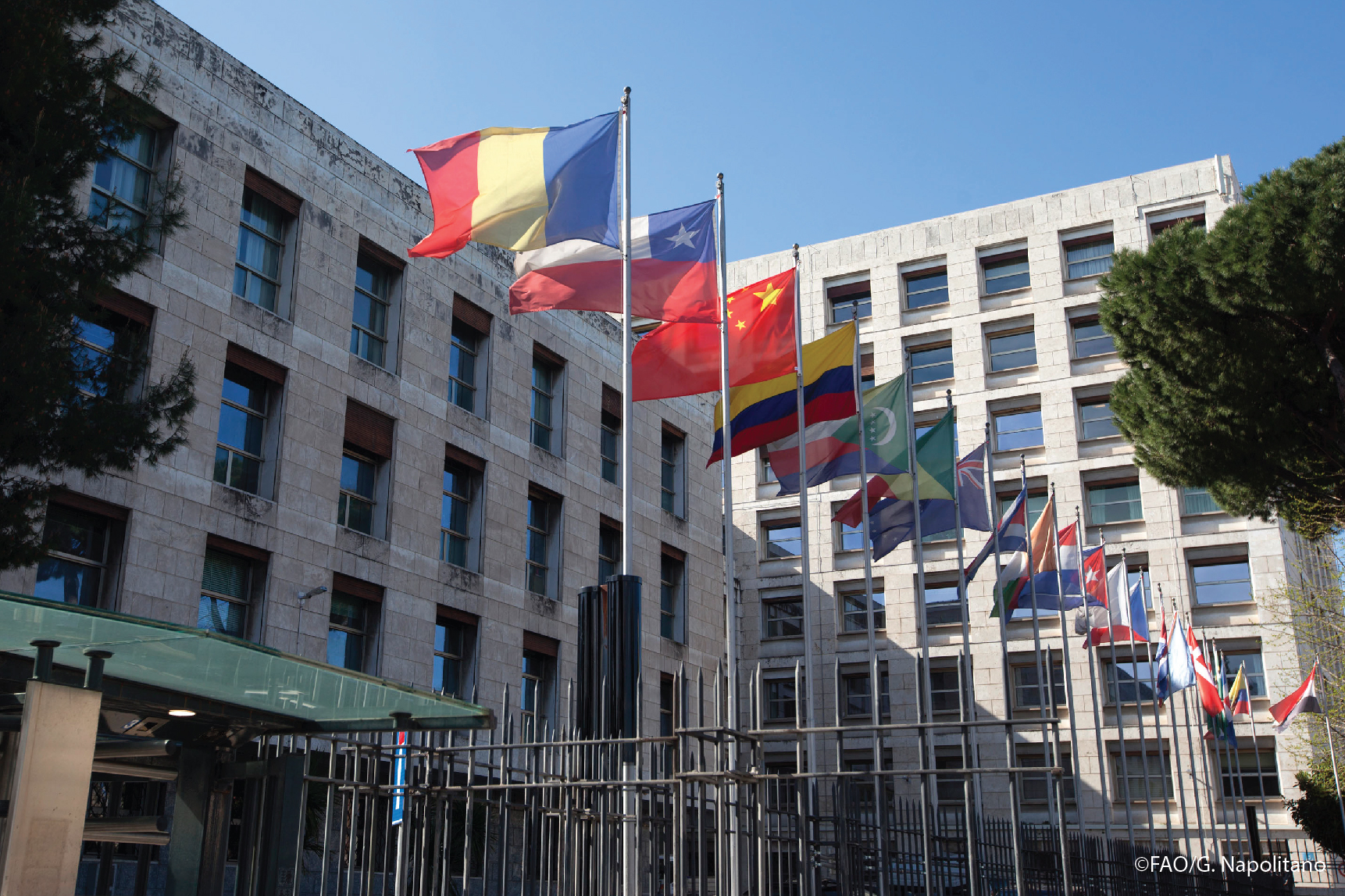Access and benefit-sharing
Globally, the issue of access and benefit-sharing (ABS) is addressed, in varying degrees of detail, by the Convention on Biological Diversity (CBD), the FAO International Treaty on Plant Genetic Resources for Food and Agriculture (Treaty) and the Nagoya Protocol, a supplementary agreement to the CBD.
Since its inception, the Commission has been dealing with matters related to ABS. In fact, the Commission owes its establishment to the first international instrument addressing the ABS for plant genetic resources: the 1983 International Undertaking on Plant Genetic Resources. Between 1994 and 2001, the Commission negotiated the Treaty. Once the Treaty had entered into force, the Commission decided to continue working on ABS to ensure that ABS is supportive of the special needs of the agricultural sector in regard to all components of biodiversity for food and agriculture. The Commission closely follows relevant developments in ABS. Its “ABS Elements” aim to assist governments in developing and implementing ABS measures that take into account the importance of genetic resources for food and agriculture, their special role for food security and the distinctive features of different genetic resources for food and agriculture.
Main outcomes CGRFA-20:
- Commission Members invited to provide written comments on the draft report on The impact of access and benefit-sharing measures on use and exchange of genetic resources for food agriculture and associated traditional knowledge as a basis for its revision
Key publications

ABS Elements
Elements to Facilitate Domestic Implementation of Access and Benefit-Sharing for Different Subsectors of Genetic Resources for Food and Agriculture with explanatory notes





